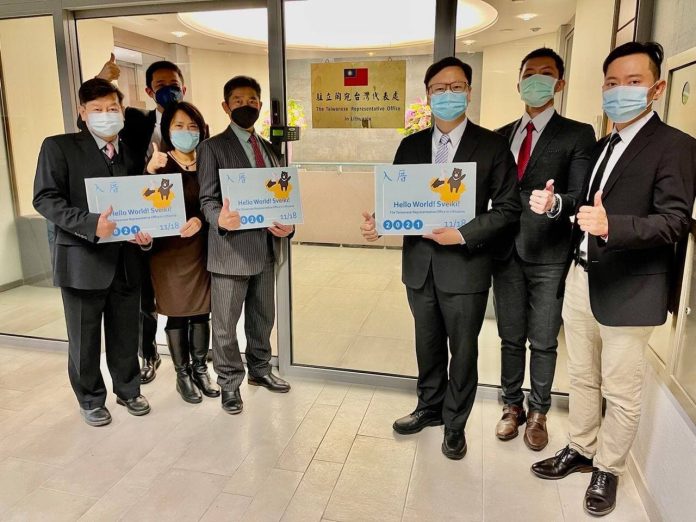Lithuania is testing the cohesion of European Union’s single market and China policy with its stance towards Taiwan and criticism of human right abuse. Its example is being followed by the Czech Republic and also by fellow Baltic peers Latvia and Estonia.
The Baltic country is paying its position with economic ostracism from China has a coercive way to bring back the European country to its fold. Both centre-left and centre-right governments of Lithuania share the same view on China, and both took recent steps that angered Chinese authorities.
Lithuania always had relatively low trade relationships with China, with the Asian power only the 40th largest source of foreign investment in the country. Mobile technology was one of the few areas where the two countries kept on cooperating. In September 2020, the then government, led by Saulius Skvernelis, made a joint declaration with the United States on 5G security that further restricted trade in the sector.
The following centre-right government of Ingrida Šimonytė continued with a similar stance on China, tabling a Chinese investment on a planned deep-sea port in Klaipėda and withdrawing from the China-CEEC investment initiative in spring 2021.
Perhaps even thornier for China, Lithuania in 2021 condemned persecution of Uyghurs in Xinjiang province and called to revoke the Hong Kong National Security Law, in addition with renewed calls for dialogue between China and the Dalai Lama, one of the first to recognize Lithuanian independence.
Overall, Lithuania has been striking deals with Taiwan, irking China. After Vilnius decided to call Taiwan’s de facto embassy Taiwanese Representative Office in lieu of less politically charged Chinese Taipei, Beijing downgraded Lithuania’s diplomatic status. In addition, it blocked imports from Lithuania and from finished products from other EU countries made with Lithuanian parts. This prompted German companies to ask a de-escalation from Lithuania.
The Chinese ban on Lithuania caused the EU to intervene as it was testing the single market and its ability to protect all member states. The bloc started a trade dispute at the World Trade Organisation against China in January 2023 over undeclared sanctions and restrictions against Lithuania. The intervention of the EU cooled off China’s pounding on Lithuania, bringing home a big point for the Baltic states and its allies.
Professor Konstantinas Andrijauskas of Vilnius University told Emerging Europe that the dispute may not even reach a future verdict, but what was a stake was avoiding setting a “very troubling precedent” on China’s ability to violate global trade rules and hit the EU’s single market.

